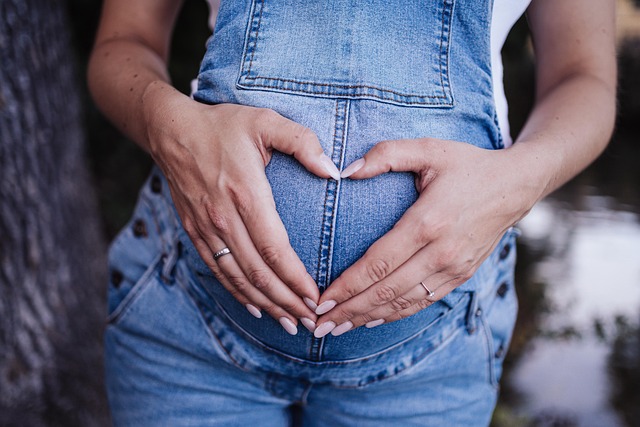Many women considering egg freezing often wonder, “Does egg freezing lead to early menopause?” Fortunately, the answer is no.
Menopause marks the end of a woman’s menstrual cycles due to the natural decline in egg quantity as she ages. In the U.S., the average age for menopause is 51, a timeline influenced by genetics and not by external factors like egg freezing. If menopause occurs before age 40, it’s known as primary ovarian insufficiency.
What Triggers Early Menopause?
Every woman’s experience with menopause is unique, and while some may face early menopause for no apparent reason, family history plays a significant role. Women with close relatives who experienced premature menopause should consider fertility assessments earlier in life. For them, egg freezing can help safeguard their future family-building options.
Other factors contributing to early menopause include surgical removal of ovaries, chemotherapy, radiation, autoimmune disorders, and many cases remain unexplained.
Can Egg Freezing Cause Primary Ovarian Insufficiency?
The straightforward answer is no. Each month, a woman’s body selects a group of eggs for maturation. During the egg freezing process, only this cohort is harvested. Therefore, egg freezing does not influence the timing of menopause. The complication rate for the procedure is below 2%, which means that, barring any complications, the ovarian stimulation and egg retrieval process should have no long-term effects on fertility.
The Egg Freezing Journey
Once you complete your ovarian reserve testing and consult with your healthcare provider, you can embark on the egg freezing journey, which typically spans 4 to 6 weeks. After a stimulation phase, a trigger injection is administered to mature the eggs and prompt their release. Egg retrieval usually occurs 36 hours after this injection.
Depending on your age and the number of mature eggs collected, your doctor might recommend an additional cycle to meet the ideal egg count. By successfully freezing the recommended number of eggs, you enhance your chances of having a baby when you decide to start a family.
For more insights into the egg freezing process and its benefits, don’t miss our related blog post on making healthier holiday choices, like this delicious eggnog twist! And if you’re interested in home insemination options, check out the Cryobaby home intracervical insemination syringe kit for more information. For details on pregnancy week by week, the March of Dimes is a fantastic resource.
Summary
In summary, egg freezing does not cause early menopause; rather, it serves as a proactive measure for women wishing to preserve their fertility. While individual experiences with menopause vary, factors like family history and medical interventions can play significant roles. The egg freezing process is straightforward and beneficial for those looking to safeguard their future family options.

